2018 Tour in China with Yangtze River Piano by Leonel Morales
Grand Opening in May
Spanish master pianist “Leonel Morales Alonso”
the first world-renowned pianist to make a trip to
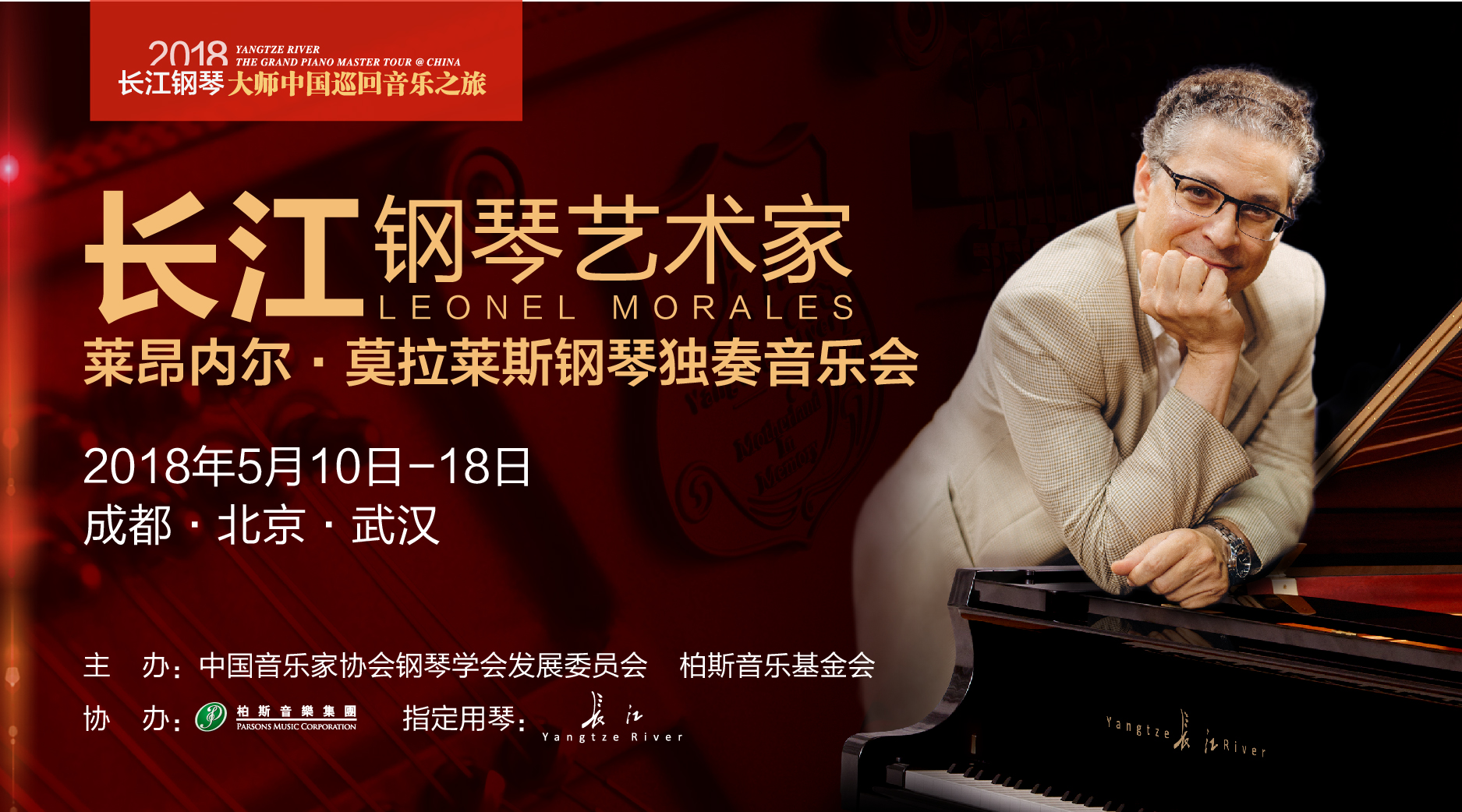
Chengdu, Beijing, Wuhan, Shenzhen and Hong Kong
to present his “masterpieces”.
After his excellent performance,
we walked through the stage and went behind the curtains
to make an exclusive interview with the artist to explore his inner world
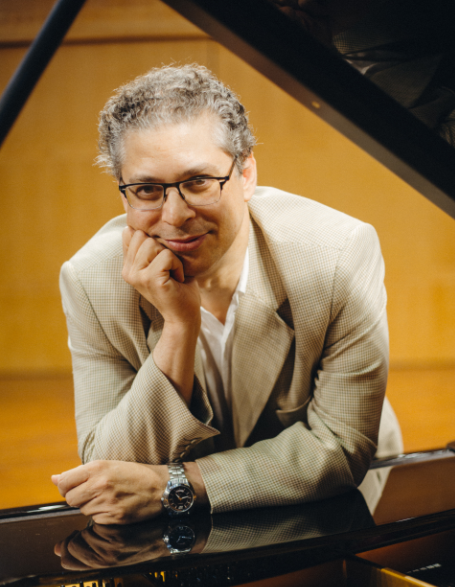
Professor of Faculty of Music and Performing Arts, Alfonso X El Sabio University in Madrid, Spain
l “Gold Medal Instructor” to winners of international piano competitions
l One of the best interpreters of Beethoven’s works in the world
l Featured Artist for Yangtze River Piano
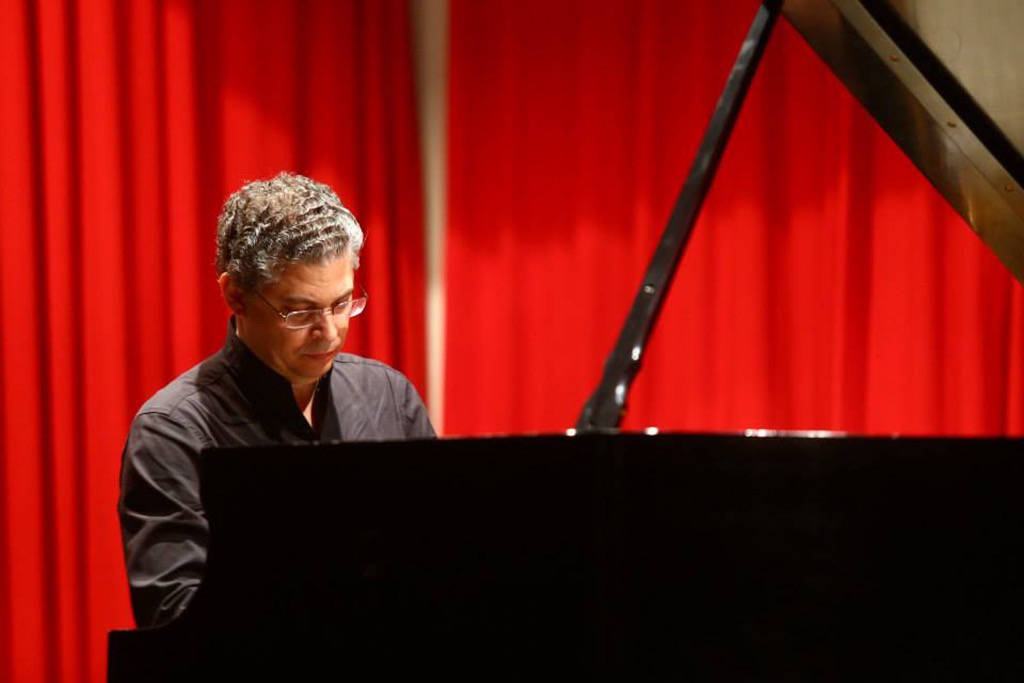
He was hailed by the El País, the largest newspaper in Spain, as ——
"From his superb performance, you can tell how much he knows Beethoven, one of the best interpreters of Beethoven’s works in the world."
Record of interview
Talk of “His Love to China”
The master talked about his concert tours in China!
Q: As the “Featured Artist for Yangtze River Piano”, you have performed in Chengdu and Beijing. Is this your first concert tour in China? Could you please tell us more about this tour?
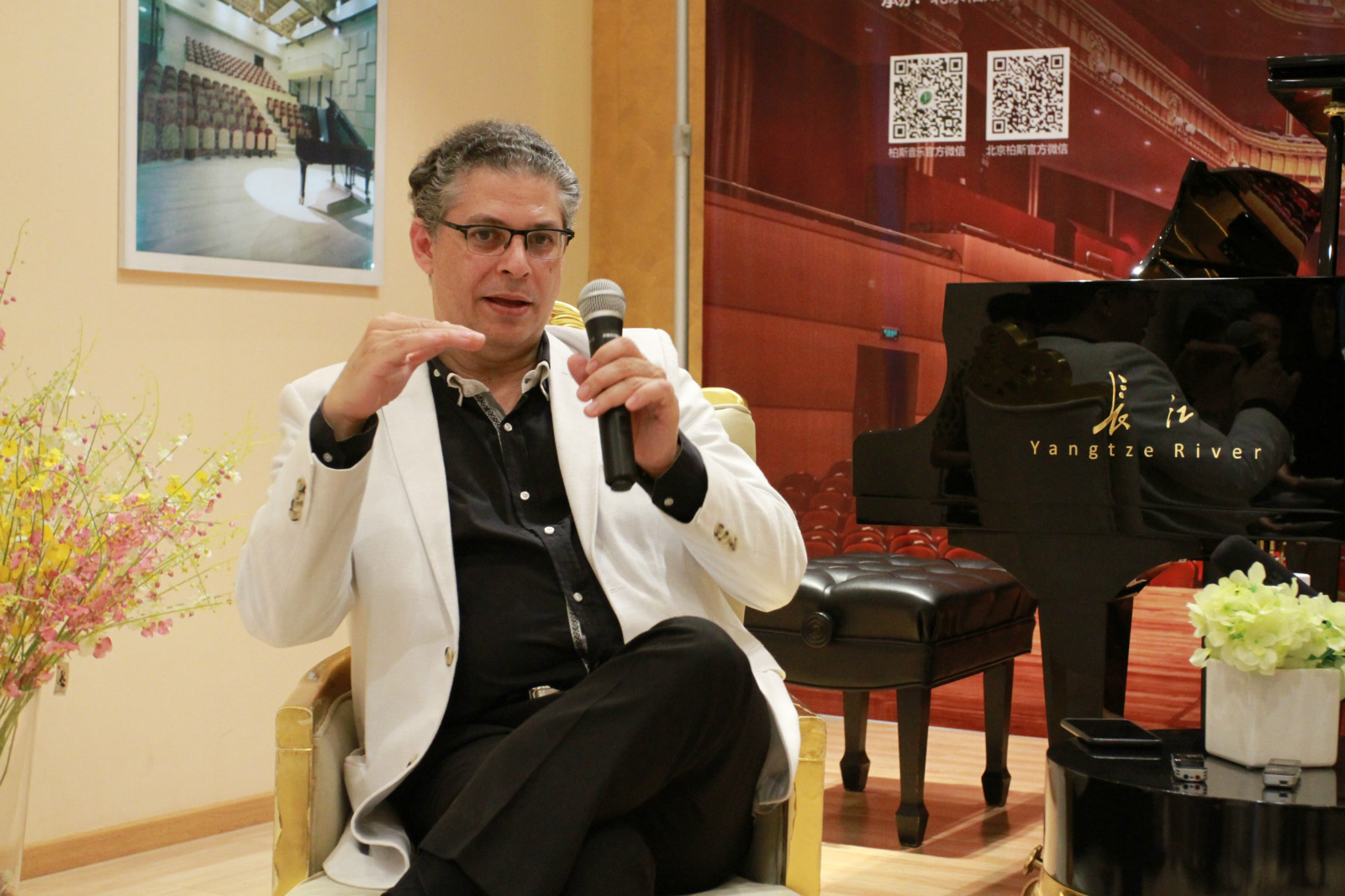
I have already visited China in my early days, performing in cities like Beijing and others. At that time, I found that many Chinese people didn't know much about the piano. Now, China is changing with each passing day. More and more Chinese musicians are going abroad to represent China. I am well known in Europe and the United States and many people are willing to attend my concerts. In the past two years, I have been getting more willing to accept cooperation contracts from China. I was invited to serve as an adjudicator in a number of Chinese piano competitions last year and the year before last year, and I come again this year for this concert tours. I hope more Chinese audiences will get to know me in this way. Moreover, I will also give lessons to Chinese music students.
Insightful perception for having chosen to serve as the “Featured Artist for Yangtze River Piano”
Q: We know that you are visiting China as “Featured Artist for Yangtze River Piano” this time. Can you please tell us how you have got to know the Yangtze River piano? What kind of charm does the Yangtze River piano have, making you willing to serve as its advocate?
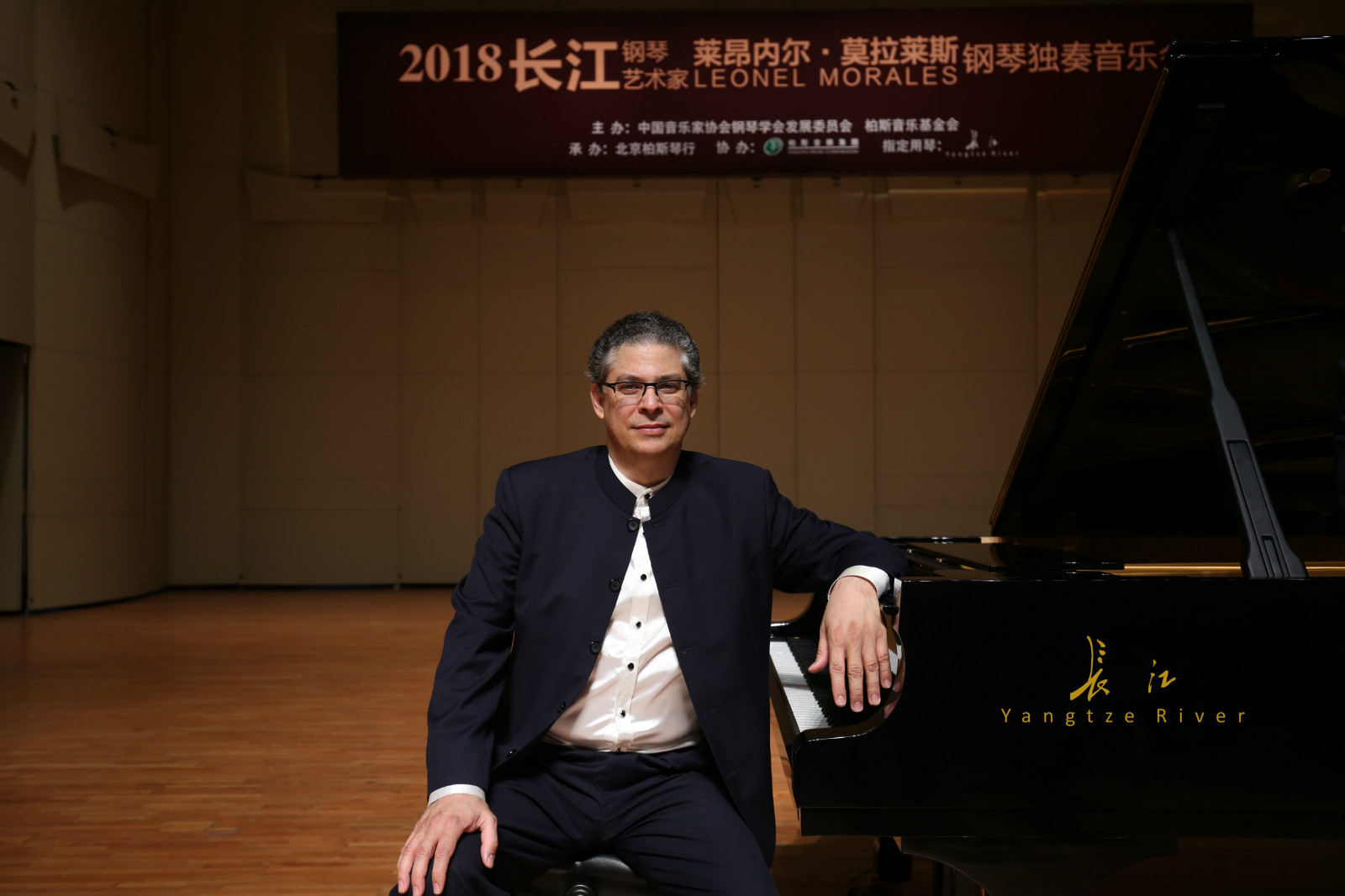
The first time I got to know the Yangtze River piano was at the "4th The China Shenzhen International Piano Concerto Competition". I was invited to be the jury for the competition. I remember that the contestants were allowed to choose to play on either the Steinway piano or the Yangtze River piano. As you may have known, Steinway is a world famous piano, but I found that half of the contestants chose to play the Yangtze River piano, which meant that the quality of the Yangtze River piano was good enough to convince the contestants. Every pianist who hopes to win in a competition will surely choose a piano most suitable for themselves. It was very obvious that the choice of the Yangtze River piano meant that he or she could achieve a better level of performance through the instrument.
It was also in that competition that I was invited to offer the Master Classes, and the Yangtze River piano was the piano I used for teaching. It was the first time I played the Yangtze River piano, and I was so shocked to find that it had a very beautiful sound, and I couldn’t help but fall in love with it. So, of course, I am happy to have accepted the opportunity to serve as the “Featured Artist for Yangtze River Piano”, because I love the Yangtze River piano so much. Since then, we have carried out more and more cooperation.
Secret of “The tips for performance"
How does the master choose and arrange the repertoire for his concerts?
Q: We have seen that your repertoire for this China tour includes the works of different composers such as Beethoven, Ravel and Stravinsky. Did you prepare all these repertoires specially for this China tour? What were the key notes during your consideration?
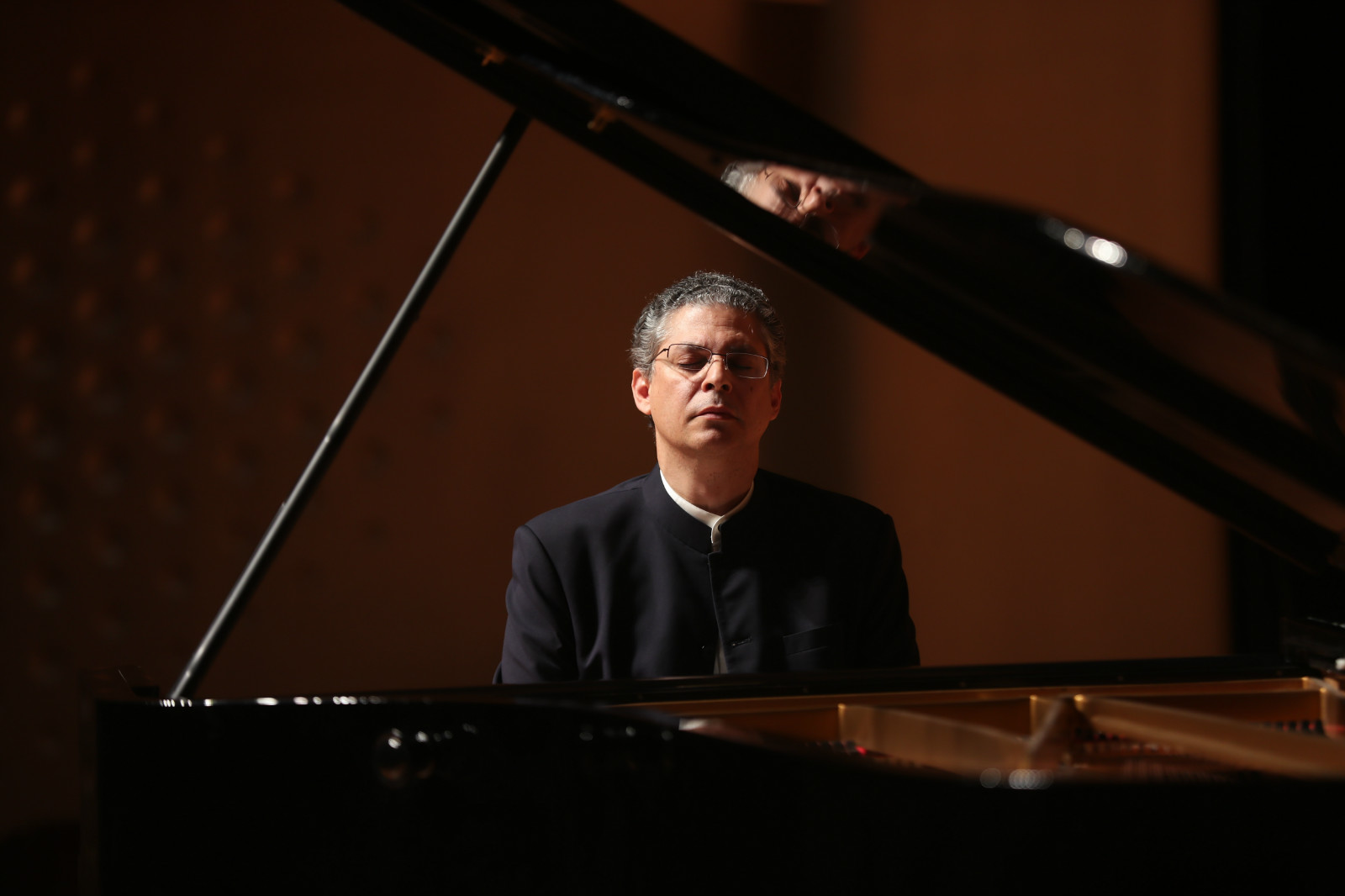
I prepare the concert program list to use for all the tours annually. Therefore, these repertoires are not specially prepared for this China tour. I have just finished my tour in the United States. After this China tour, I will go to Mexico, Italy and other countries. Sometimes, there are new repertoires not included in the list on a concert tour, and I did prepare some new concert programs for this China tour. Of course, what I mean by "new" here is not something that I have never played before but were some sort that I have never played here this year or in some sort of new arrangements.
"Successful performance" is not so important in the mind of our grand master?
Q: Your performance in Chengdu has been very successful, attracting a lot of fans to your concert. Can you share what you will perform in the concerts in Beijing and Wuhan?
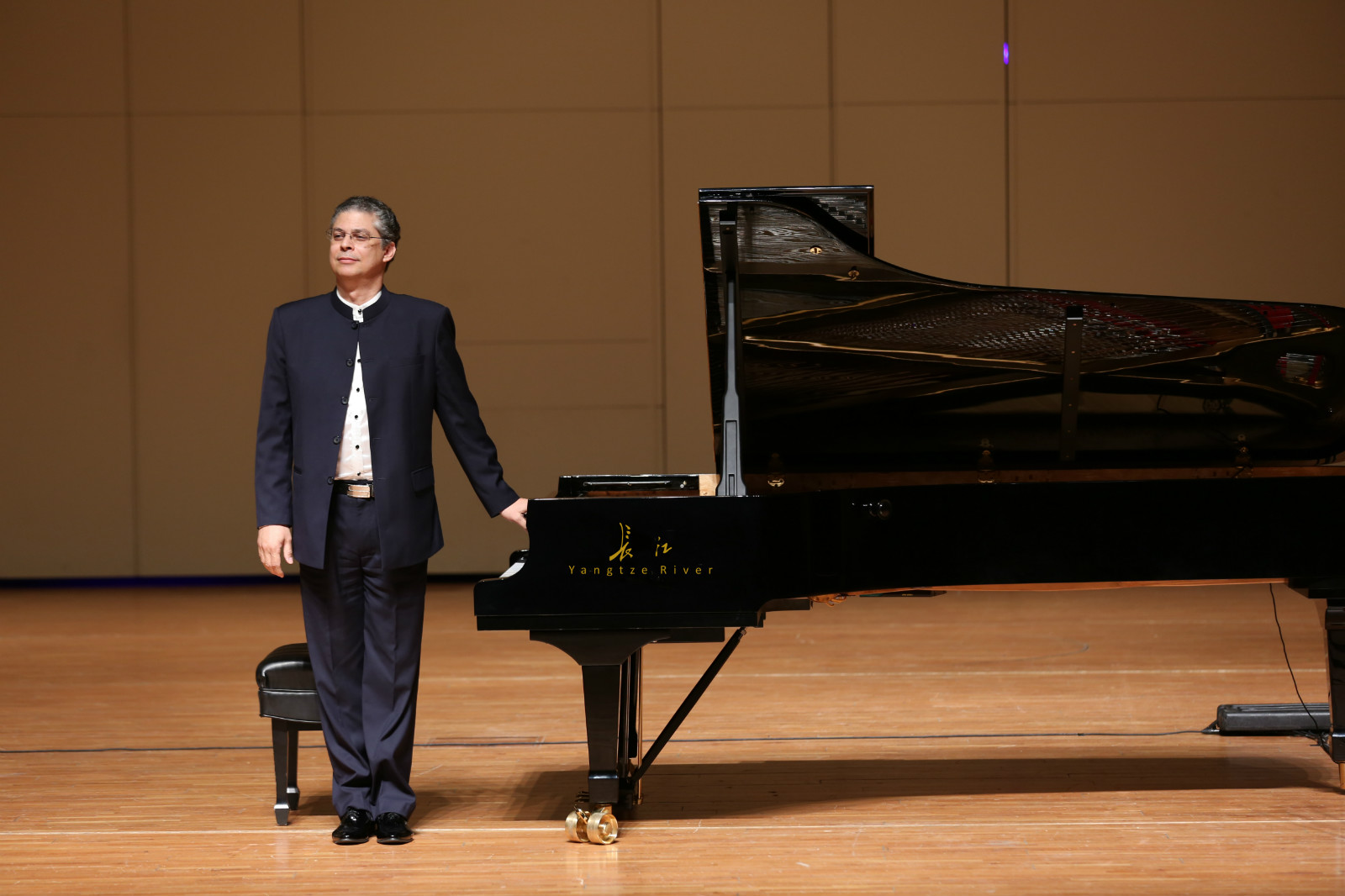
I don't care too much whether my performance is very successful or not. What I care about is whether I perform at my best level in each performance and maintain the same quality in the subsequent tour. If I don't achieve the same quality in a performance, people may wonder what happens to me under such circumstances. So, I always ask myself to do my best. I only felt acceptable when when I see that all the audiences’ fall full of satisfaction. Then I will say "Okay, let's see each other next time."
Talks about thoughts and feelings on art
This is the way to play Beethoven’s works!
Q: You are called "one of the best interpreters of Beethoven’s works". You have not only played a lot of Beethoven’s works, but also held many Master Classes in many countries and regions to perform and teach the 32 sonatas of Beethoven. You have fired up a lot of big sensation in the occasions. Can you please talk about your understanding of Beethoven’s works? What do you think is the most important thing in playing Beethoven’s works?
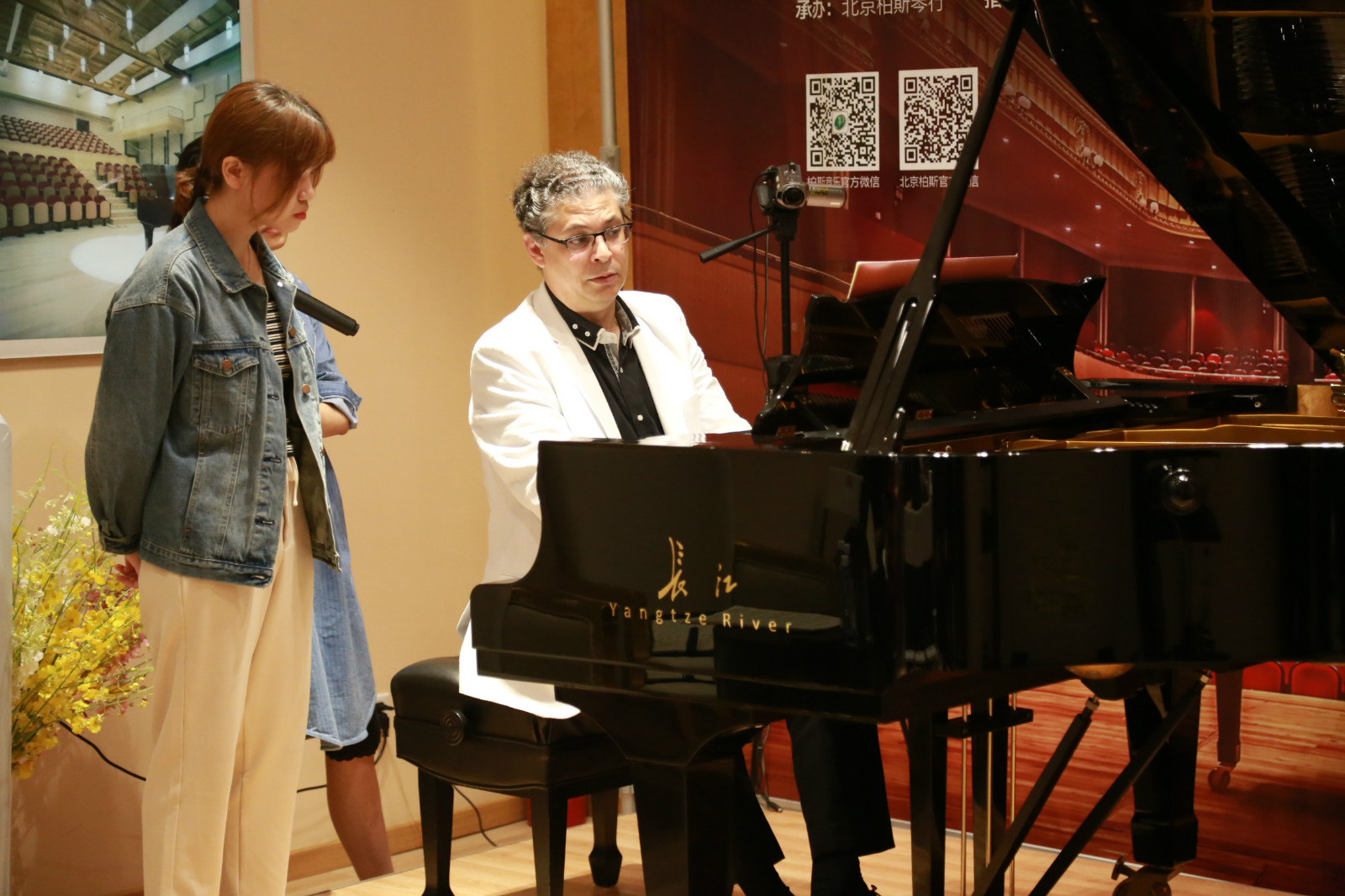
Just as Columbus discovered the New World, Beethoven discovered a new world of piano. Beethoven’s works are complex in structure. Intertwined with many historical factors, they also contain many of his personality traits such as indomitableness and romantic tenderness. It will be very difficult to interpret Beethoven’s works. Of course, to some extent, Beethoven’s works can detect many bad pianists.
When playing Beethoven’s works, the pianist needs to take care of so many important factors. Some focus on rhythm, while others focus on emotions. However, the most important thing is to find the balance. For example, his works may express emotions romantically and gently sometimes, but wildly and uninhibitedly at the other times. It is necessary for you to understand the thoughts and emotional state of the composer when he was creating the piece and then integrate all those subtle elements into your own performance and find out the balance to connect all elements in a natural way.
Practice classic works very often to keep fresh feelings!
Q: Pianists will play the same work in many different concerts. How can you keep a fresh feeling towards the work that you have played for so many times?
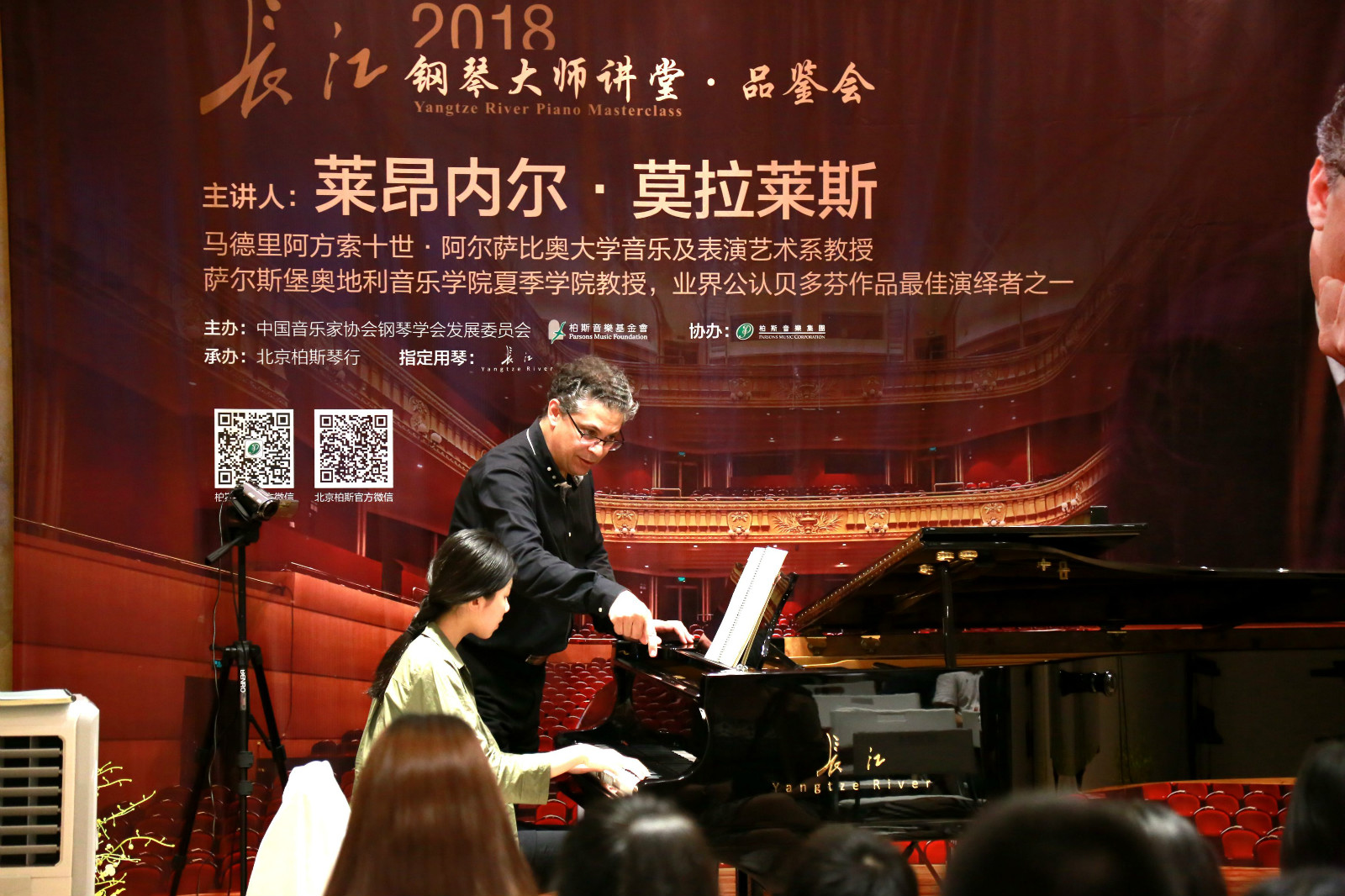
Through continuous interpretations, you will find these classics are getting more and more dynamic. Your understanding and interpretation of the same work will be different. For example, you would play the sonatas composed by Franz Liszt in a definitely different style when you are at different ages. As such, the more experienced a pianist is, the more complex and mature he or she will add in while composing Beethoven. You can find his or her style is very different from 20 years ago. Don’t you feel the way you get along with your wife is very different from 20 years ago? So, every time you play those works, you will find new inspiration.
You must pay attention to these "playing problems"!
Q: From the China Shenzhen International Piano Concerto Competition to the Master Classes on this tour, you have already coached many Chinese students. What characteristics do you think Chinese students have in terms of piano performance? Can you give them some good advice?
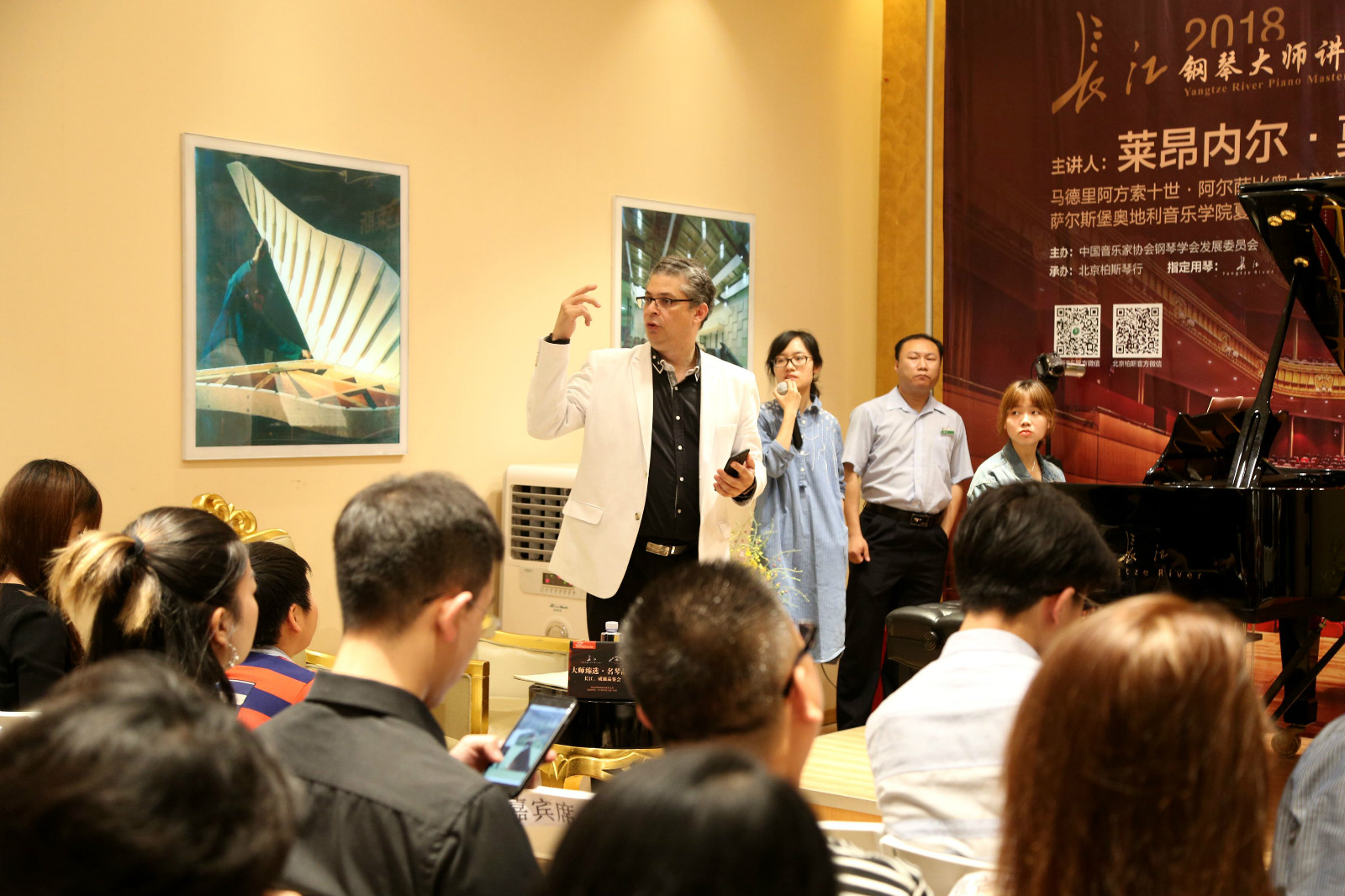
Before playing a piece of work, Chinese students are advised to go online to learn more about the piece of work. Every mark that the composer places on the music score has its unique meaning. In addition, we know that Fryderyk Franciszek Chopin preferred French pianos, while Franz Liszt preferred German pianos. You know it is because they paid great attention to the piano itself. You also need to learn what these pianos stand for. For instance, if you learn to know what the piano in the era of Beethoven sounds like, you can incorporate this feeling into your performance. I believe that more and more outstanding pianists will emerge in China in the future, and I am very much confident of this.
2018 Tour in China with Yangtze River Piano
by Spanish master concert pianist “Leonel Morales Alonso” to
Wuhan, Shenzhen, and Hong Kong
Is coming soon
You can’t afford to miss the wonderful concert